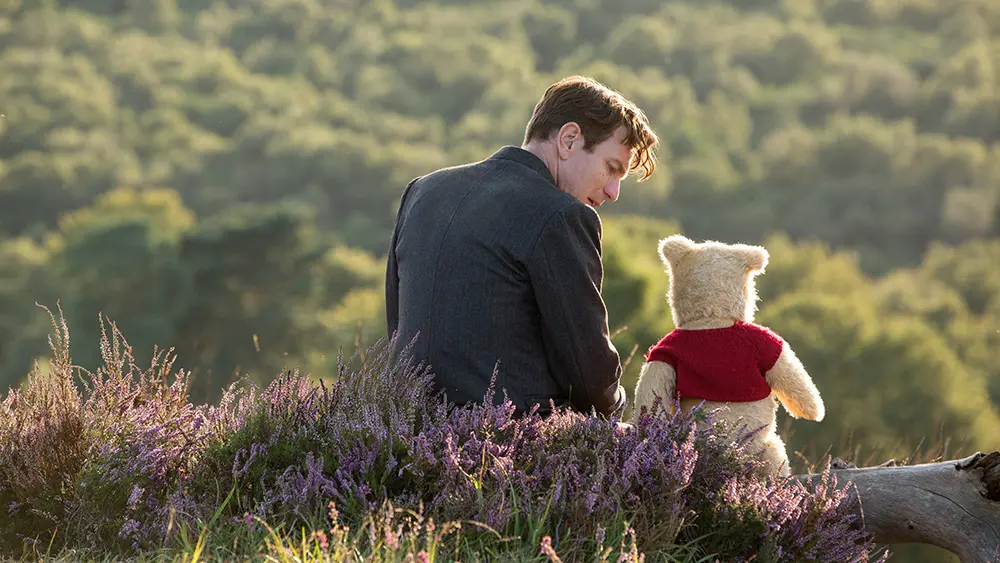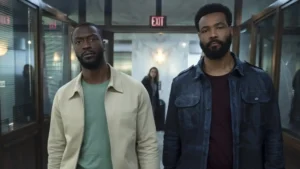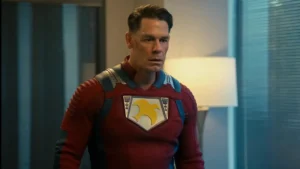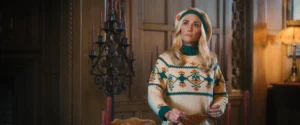Summary
Christopher Robin might not do anything exceptional, but it’s an incredibly sincere and charming family film.
Christopher Robin is a sneaky film, and if I’m being honest a little bit sadistic. Ostensibly aimed at children who’ll be too young and distracted by the cuddly animal shenanigans to pay much attention, it’s really designed to emotionally terrorise adults, reminding them that they’ve lost the innocence of their youth, never fulfilled their childhood dreams, and don’t properly balance their work and home lives. That’s how I took it, anyway.
Maybe that says more about me than it does about Marc Forster’s film, which is the second in just 11 months to take a particularly sombre look at A. A. Milne’s enduring giants of children’s literature. Luckily, Christopher Robin is nowhere near as relentlessly downbeat as Simon Curtis’s Goodbye Christopher Robin, although it is a similarly slow-burning assault on the tear ducts.
Functioning more or less as a sequel to Disney’s 1977 animated adaptation, The Many Adventures of Winnie the Pooh, Christopher Robin finds the title character now played by Ewan McGregor, and driven to dreariness by a boarding school education, the untimely death of his father, his service in World War II, and a thankless soul-sucking office job that demands too much of his time and emotional energy. As such, his relationships with his wife, Evelyn (Hayley Atwell), and his daughter, Madeline (Bronte Carmichael), are both starting to suffer.
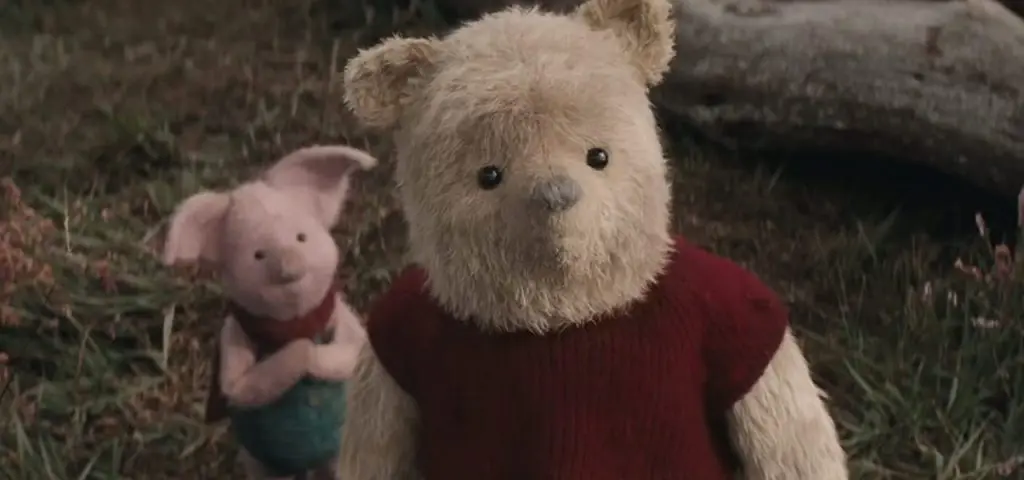
Enter, then, Winnie-the-Pooh, voiced here by Jim Cummings 30 years after he first took the role, who arrives at just the right time to remind Christopher that the residents of the Hundred Acre Wood apparently aren’t imaginary, and that several of them have gone missing in a mysterious fog. The screenplay, credited to Alex Ross Perry and Allison Schroeder, is a little on-the-nose about how Christopher’s oddly dreary rambling from place to place is about him rediscovering a sense of childlike whimsy; especially when most of it takes the form of simpleminded wisdom dispensed by Pooh. And as ultimately pleasant as the quest ends up being, having it gradually re-saturate the murky cinematography is about as obvious an aesthetic metaphor as you could possibly imagine.
But, despite all this, Christopher Robin is fundamentally an uplifting and charming experience that, rather than any kind of psychological character study, really endeavours to be a good, old-fashioned family film about CGI stuffed animals. Christopher’s devolutional arc from sad adult to wondrous child is trite and predictable, but McGregor’s performance is terrifically nuanced. He immediately manages to locate whatever existential anxieties you carried with you into the film, and once you connect with him as the redemptive embodiment of all the shit you didn’t do or could have done differently, you swiftly forget that he spends most of the movie interacting with shaggy animals sprung from a computer. And I say that as someone who found those animals alternately adorable and fucking terrifying.
The result of all this is a tender embrace of a film; a sincere, lived-in simulacrum of childhood wonder and enthusiasm that’ll delight the littlest in the audience and potentially traumatise the largest. But that’s all part of Christopher Robin’s proudly edgeless insistence that you should be just as eager to grow down as you were to grow up.

